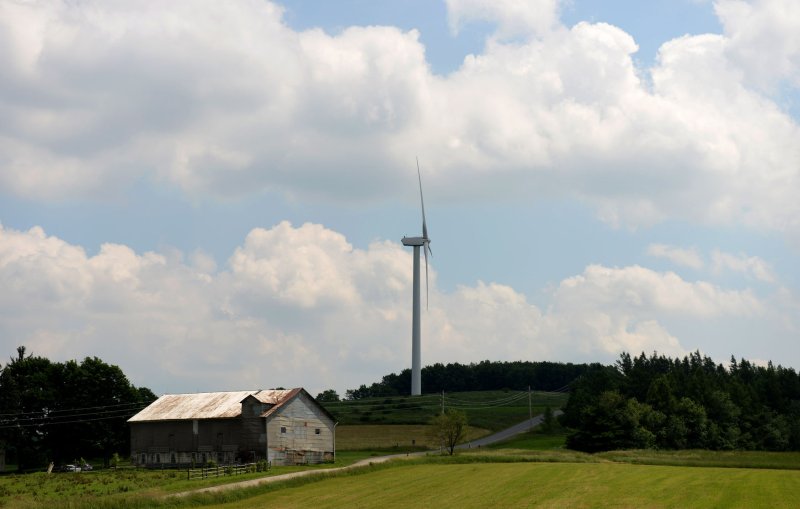WASHINGTON, Nov. 4 (UPI) -- The extra $3 billion allocated to U.S. rural areas -- based on the assumption rural beneficiaries receive less care -- may not be necessary, researchers say.
Jeffrey Stensland, a principal policy analyst at the Medicare Payment Advisory Commission, or MedPAC, in Washington; Adaeze Akamigbo, a former senior policy analyst at MedPAC; David Glass, a principal policy analyst at MedPAC; and Daniel Zabinski, a senior policy analyst at MedPAC, said the conventional wisdom rural beneficiaries systematically receive less care resulted in Congress allocating $3 billion more each year in special payments than they would receive under traditional Medicare payment rates.















